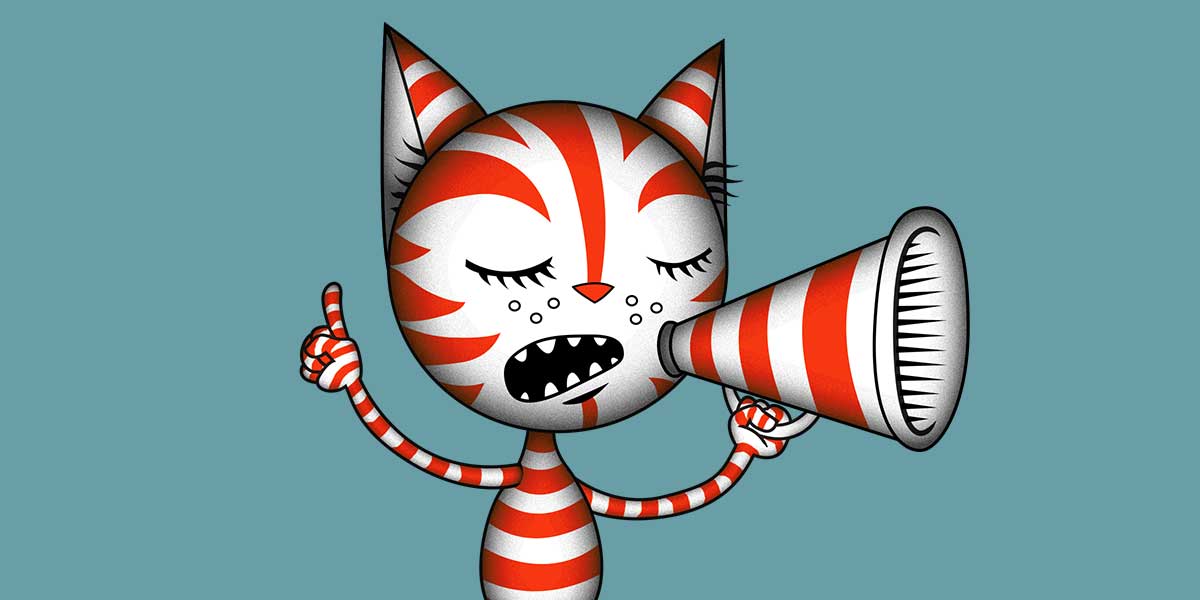EUROPE, ISLAM AND NATIONALISM
Midol-Monnet supports Turkey’s European Union membership bid, and his reasoning is this: ‘Turkey’s EU membership as a majority-Muslim country would send an important message from the West to the Islamic world and prevent the rise of Christian fundamentalism in Europe!’ If Turkey joins the Union, then religious pluralism would flourish, thus heading off a growing fundamentalism, says Midol-Monnet, who believes that Christian fundamentalism could rise in Europe in an age of globalization. Yes, what Midol-Monet says is a sociological fact: Differences would encourage tolerance as long as there is no political conflict… The fear that the EU membership process would cause a harder line in Turkey is also little more then paranoia.
Aren’t there other factors making Turkey’s EU membership necessary? ‘Turkey is a very large market both for investment and sales,’ he told me. ‘Moreover, Turkey’s strategic importance is better realized now, and Europe needs this…’ According to my French colleague, Turkey has been seen as the United States’ arm in Europe. But after the Iraq war, they realized that this wasn’t the case. The latest reforms have also strengthened Turkey’s ‘democratic’ image. If so, why is French President Jacques Chirac staying silent? ‘There are domestic and external balances he is attending to,’ said Midol-Monnet. ‘But I believe that he will eventually support starting accession negotiations with Turkey.’ Mentioning his leftist credentials, Midol-Monnet added, ‘Your ruling Justice and Development Party [AKP] is a conservative party, but in terms of some issues, like EU membership, democracy and pluralism, it resembles the social democrats of Europe!’ He was right.
Could we consider a weak-centered federation with three regions, three languages and three peoples, a la Belgium? I know some Kurdish intellectuals in Turkey favor such a model. I asked Belgian journalist Didier de Lafontaine about this. He laughed. ‘The Belgium model has no secret or a magical formula, and it’s peculiar to Belgium. It’s unthinkable for Turkey. How many Kurds live in Istanbul? This can’t apply to a population which has such a complicated structure.’
It would be a catastrophe if the issue turned into a clash of nationalisms. We’ve again come across the issue of developing shared values that will enable us to live with differences and provide tolerance by shoulder-to-shoulder differences… Midol-Monnet’s thesis about ‘pluralism versus fundamentalism’ is very important; it is also useful for ethnic problems. Globalization creates both a feeling of universalism and a feeling of embracing ethnic, regional and religious roots. It could lead to wealth or else a ‘clash of civilizations.’ In world history, Turkey is a candidate for a role in ‘peace among civilizations.’ Blocking this would enact a severe cost, both in Turkey and Europe as well…”



